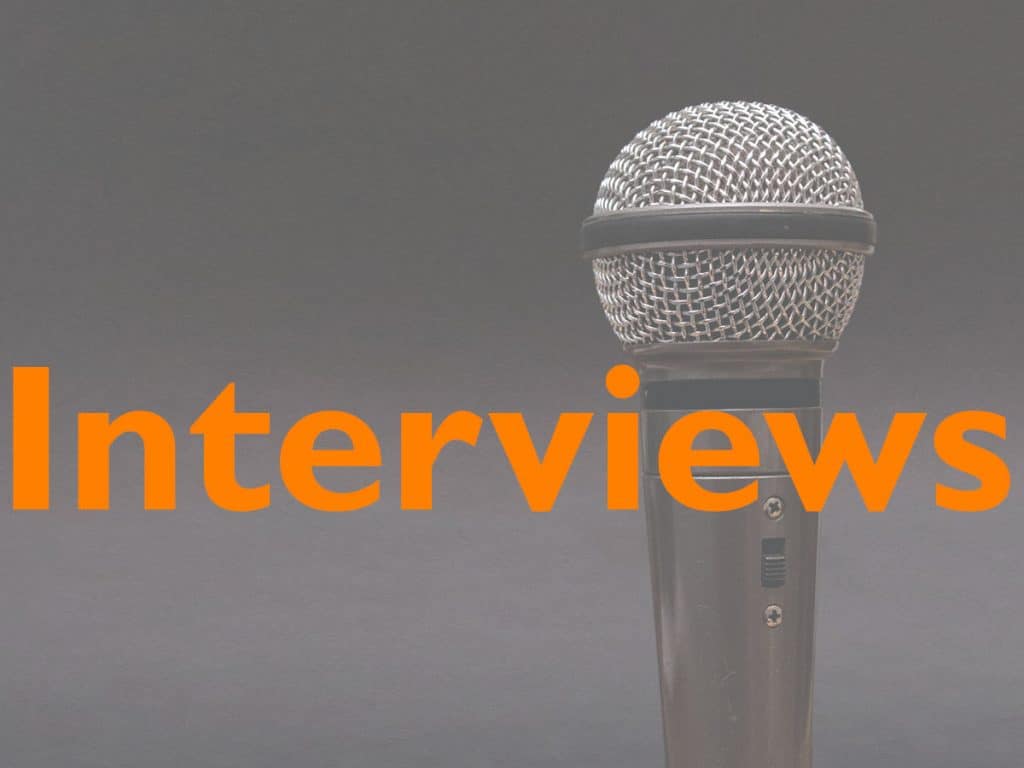Interviews
This interview was from the March-April 2006 Issue of Homiletics David Allen is an international author, lecturer and founder and president of the David Allen Company, a management consulting, coaching and training company. In the last 20 years he has developed and implemented productivity improvement programs for over a half-million professionals in hundreds of organizations…
This interview was from the January-February 2007 Issue of Homiletics The Family Connections program was developed over a number of years by Barbara Carnal, a licensed professional counselor specializing in family life, and a parent of birth, step-, foster and adopted children. Barbara serves as an ordained deacon at the First Presbyterian Church of Hilton…
This interview was from the March-April 2007 Issue of Homiletics The Bishop of Durham in England, N.T. (Tom) Wright, was formerly Canon Theologian of Westminster Abbey and Dean of Litchfield Cathedral. He has taught New Testament studies for 20 years at Cambridge, McGill and Oxford Universities. His Jesus and the Victory of God, The New Testament…
This interview was from the November-December 2006 Issue of Homiletics Jane Vennard is a spiritual director, retreat and workshop leader and lecturer. She lives in Denver, Colorado, where for many years we was a Senior Adjunct Faculty member at Iliff School of Theology, teaching numerous courses on prayer, spirituality and discernment. Vennard is the author…
This interview was from the September-October 2006 Issue of Homiletics Ron Sisk was raised Southern Baptist in Arkansas. He was educated at the University of Arkansas, New York University and The Southern Baptist Theological Seminary. His Ph.D.is in Christian Ethics and Church History. He moved his affiliation to the American Baptists in 1996. Ron served…
This interview was from the July-August 2006 Issue of Homiletics Marcus J. Borg holds the Hundere Chair in Religion and Culture in the Philosophy Department at Oregon State University. Internationally known in both academic and church circles as a biblical and Jesus scholar, he is the author of 12 books including Jesus: A New Vision (1987) and…
This interview was from the May-June 2005 Issue of Homiletics Imam Ibrahim Kazerooni, 45, was born in Al-Najaf, Iraq, into a religious family and began his theological studies in that city when he was very young. As a Shiite Islamic priest, or imam, he emerged as an Iraqi dissident and was imprisoned repeatedly under Saddam…
This interview was from the May-June 2006 Issue of Homiletics Sr. Rose Pacatte, FSP, is the director of the Pauline Center for Media Studies in Culver City, California. She has a M.Ed in Media Studies from the University of London. Her primary work is media literacy education for parents and teachers within the context of…
This interview was from the January-February 2006 Issue of Homiletics Richard Winter is the Professor of Practical Theology at Covenant Theological Seminary in St. Louis. Educated at the University of London, he is a Member of the Royal College of Psychiatrists (U.K.). Dr. Winter came from the English L’Abri to head Covenant’s counseling program in…


